

Ben Zachariah
Police issue warning against popular 4x4 accessory
1 Hour Ago
2020 has been a difficult year for everyone, and the world's carmakers are no exception. Here's a breakdown of how the big brands fared in the first half.

Journalist
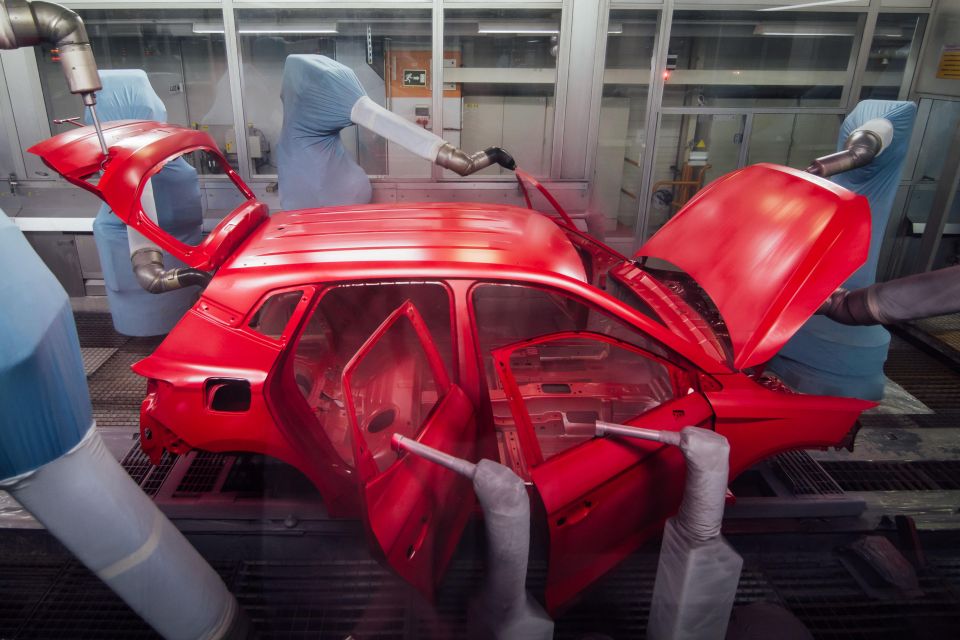

Journalist
During the second quarter (April to June) of 2020, much of the world shut down to slow the spread of COVID-19 pandemic – and it wrought havoc with balance sheets across the entire automotive economy.
Automakers have begun announcing their quarterly results, and we’ll keep track of the figures as they come in.
It should be noted there are different accounting practices used around the world, so all of these numbers aren’t directly comparable.
We’ll update this article with the latest figures as they become available.

The BMW Group’s €666 million ($1.1 billion) loss during the second quarter was its first quarterly loss since 2009. During the same period last year the Bavarian automaker made a tidy €2.2 billion ($3.6 billion) profit.
In the first half of 2020, the company sold 962,575 across its BMW, Mini, and Rolls-Royce brands.
European sales were down 32.2 per cent to 372,754, while the US suffered a similar drop of 29.5 per cent to 121,318 units.
With China exiting lockdown earlier, sales there rebounded in the second quarter, meaning its first half figures were only down 6.0 per cent to 329,447 vehicles.
Globally the main BMW brand saw sales fall 21.7 per cent to 842,153 vehicles, Mini was down 31.1 per cent to 118,862, and Rolls-Royce shed 37.6 per cent to 1560.
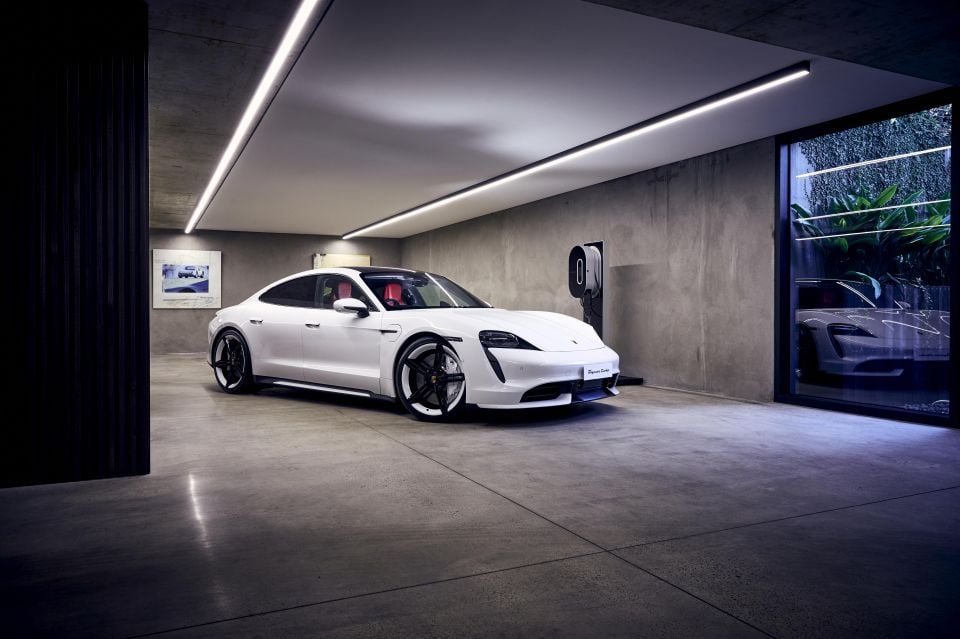
The luxury sports car maker made a €1.2 billion ($2.0 billion) profit during the first half of 2020.
Global car sales dropped to 116,964 during the first six months, a fall of 12.4 per cent year-on-year, which compared to other automakers is actually a very good result.
Although Europe and North America spent much of the period between March and June in lockdown, the company was buoyed by strong demand in South Korea and China.
These regions helped sales grow from 53,125 in the first quarter to 63,839 in the second quarter.
If nothing else, these figures just prove again just how profitable Porsche is, and how important it is to the overall financial health of the Volkswagen Group despite its relatively small sales compared to other brands within the stable.
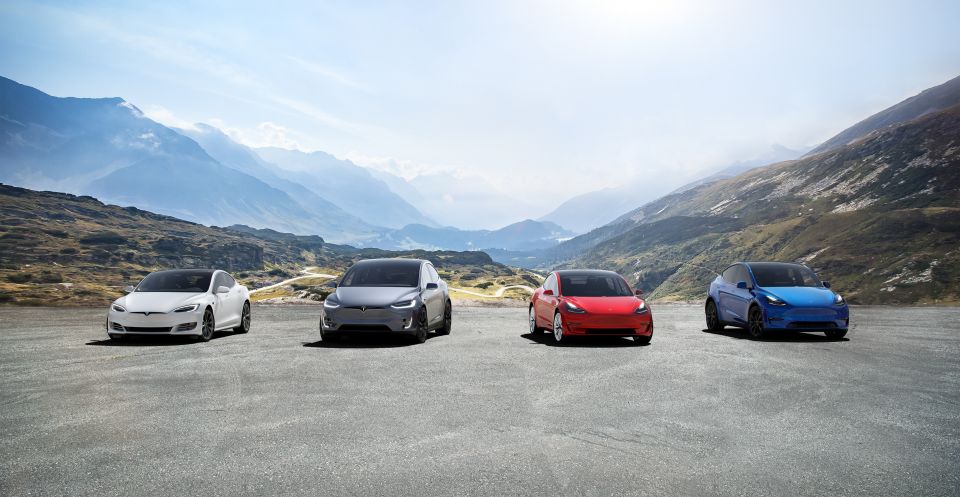
The electric car world’s darling made a US$104 million ($146 million) profit during the quarter. This time last year the automaker lost US$408 million ($571 million), while last quarter it squeaked by with a $16 million ($22 million) profit.
Vehicle sales totalled 90,891, which is only down around five per cent compared to this time last year.
This is the fourth consecutive quarter in which Tesla has made a profit, making the company eligible for inclusion in the S&P 500 stock market index.
Thanks to its surging stock price and continued profitability, CEO Elon Musk qualifies for a new tranche of stock options, which could be worth up US$2.1 billion ($2.9 billion).
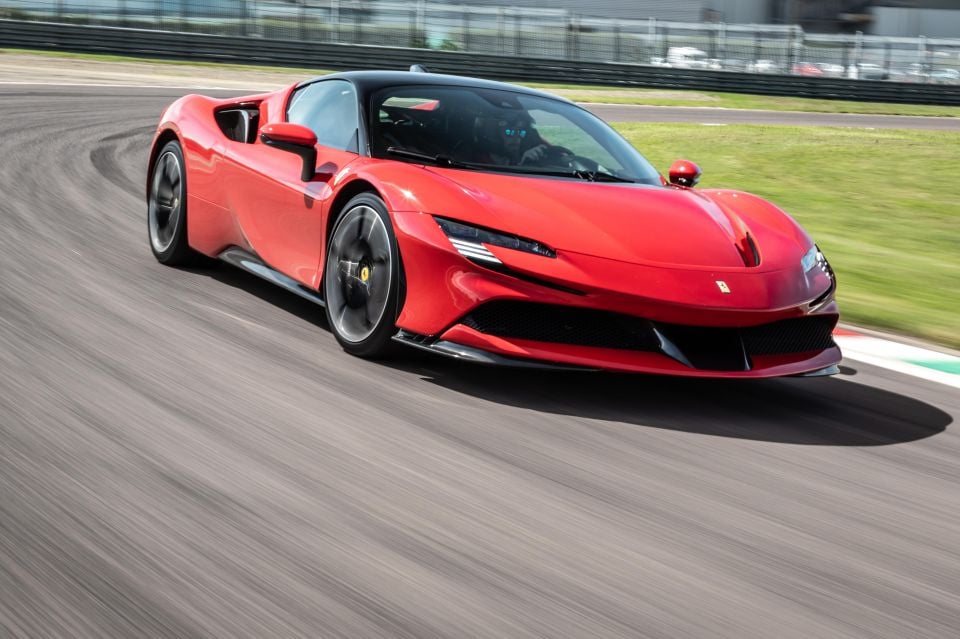
The supercar maker reported a €9 million ($14.8 million) net profit for the second quarter, down from €184 million ($303 million) during the same time last year.
During the quarter Ferrari shipped 1389 cars across the world, down 48 per cent from the same time in 2019.
Sales in EMEA (Europe, Middle East and Africa) totalled 706, a decline of 41 per cent. In the Americas deliveries were off by 53 per cent to 381.
The biggest fall was in China, Hong Kong and Taiwan where the company delivered just 21 cars, a drop of 91 per cent. In the rest of Asia and the Pacific sales were only down 28 per cent to 277.
In addition to reduced revenue from vehicle purchases, Ferrari also suffered a 61 per cent drop in engine sales to €20 million ($33 million), and a 37 per cent drop to €83 million ($137 million) in money collected from sponsorship deals, merchandising, and museum visitors.
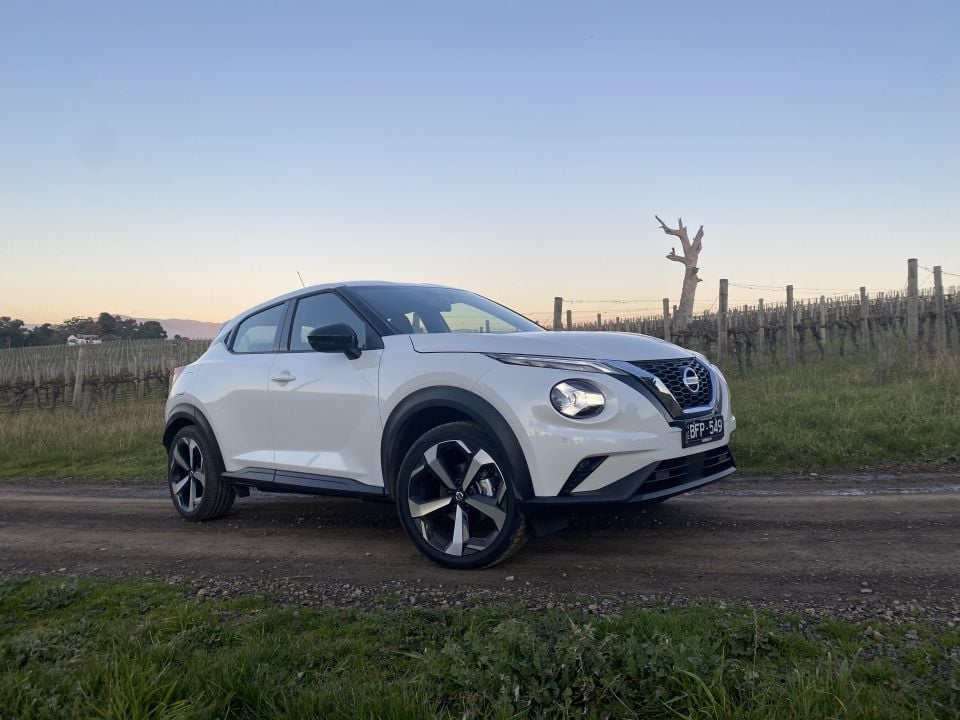
The Japanese automaker recorded an operating loss of ¥153.9 ($2.1 billion) in the second quarter. In the same period last year, the company essentially broke even with ¥1.6 billion ($21 million) profit.
Although Nissan, like all other automakers, was hit hard by coronavirus lockdowns, it was already suffering from internal issues, and had notched up a ¥94.8 billion ($1.3 billion) loss during the first quarter before the COVID-19 pandemic went global.
Because of overcapacity and other factors, the company is forecasting it will make a full year operating loss of ¥470 billion ($6.3 billion).
During the first half of 2020, Nissan sold 1.8 million vehicles across the world, a drop of 31.2 per cent from the same time in 2019.
Overall sales in Japan fell 24.2 per cent to 236,956 vehicles, although the kei car segment proved quite resilient and was only down 2.3 per cent to 99,250.
North America dropped 39.1 per cent to 560,689 units, Europe sales were off 41.6 per cent to 179,184, and China fell by 17 per cent to 596,342.
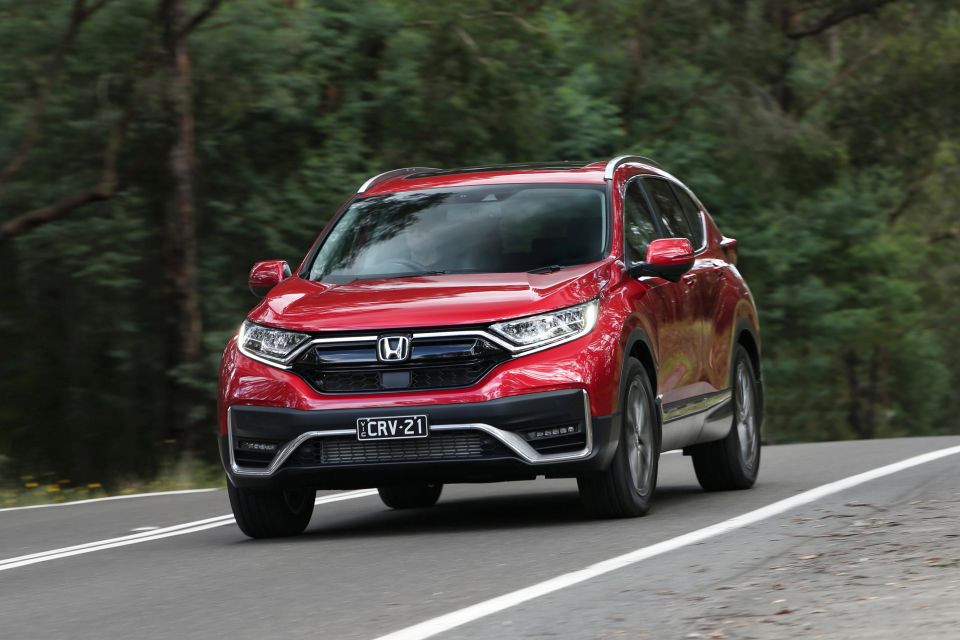
During the second quarter Honda made a loss of ¥80.8 billion ($1.1 billion), a significant turnaround from the ¥172.3 billion ($2.3 billion) profit it made this time in 2019.
The automobile division sold around 792,000 vehicles in Q2, a 40 per cent year-on-year fall. This resulted in a ¥195.8 billion ($2.6 million) operating loss for Honda Cars compared to last year’s ¥120.4 billion ($1.6 billion) profit.
Things were rosier in motorcycle department which still managed a ¥11.2 billion ($150 million) profit despite sales dropping 62 per cent to 1.86 million units.
Honda is still projecting a full year profit of ¥165 billion ($2.2 billion), although it admits the “future outlook remains uncertain due to the impact of the COVID-19”.
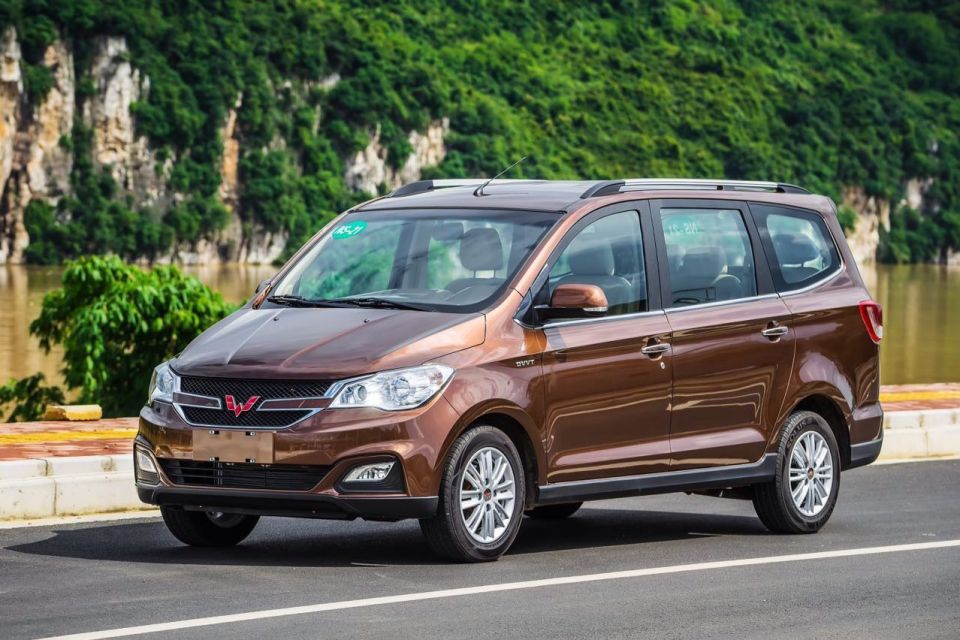
The General reported a $800 million ($1.1 billion) loss. Globally, sales were down 24.3 per cent to 1.47 million vehicles.
Sales were down 35.5 per cent in North America, and a staggering 64.9 per cent in Latin America. These falls were offset by improving demand in China, which went through its lockdown and subsequent reopening phase earlier than other countries.
You can dive deeper into the numbers in our full report on GM’s numbers.
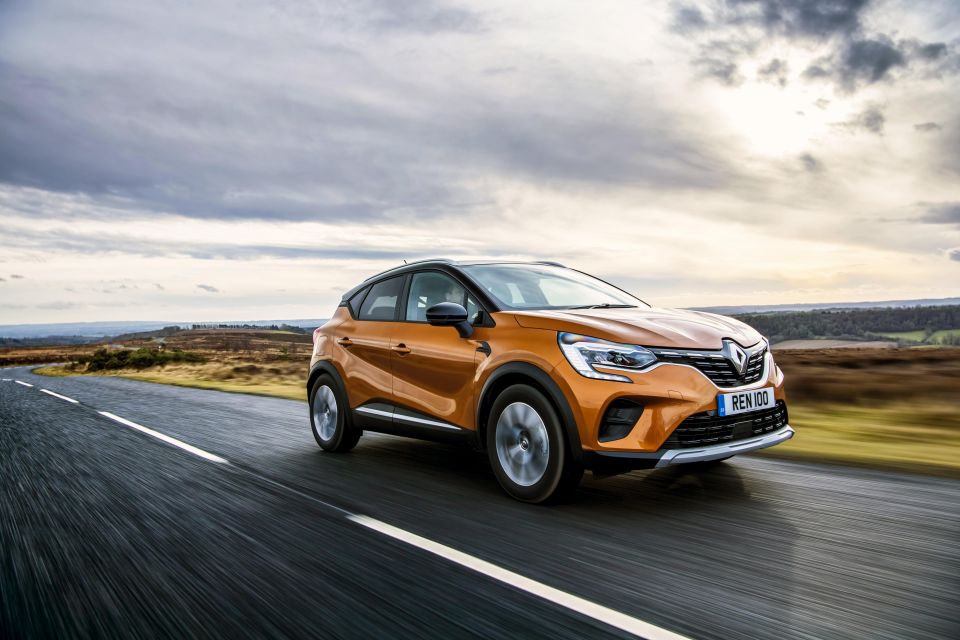
Thanks to problems at Nissan, in which Renault has a 44 per cent stake, and other one-time charges the automaker recorded a record-breaking €7.4 billion ($12.2 billion) loss for the first half of 2020.
From Renault’s day-to-day operations the company lost just €2.0 billion ($3.3 billion).
Global sales during the first six months were down 34.9 per cent to 1.26 million vehicles.
For more details on Renault’s woes, check out our full article.
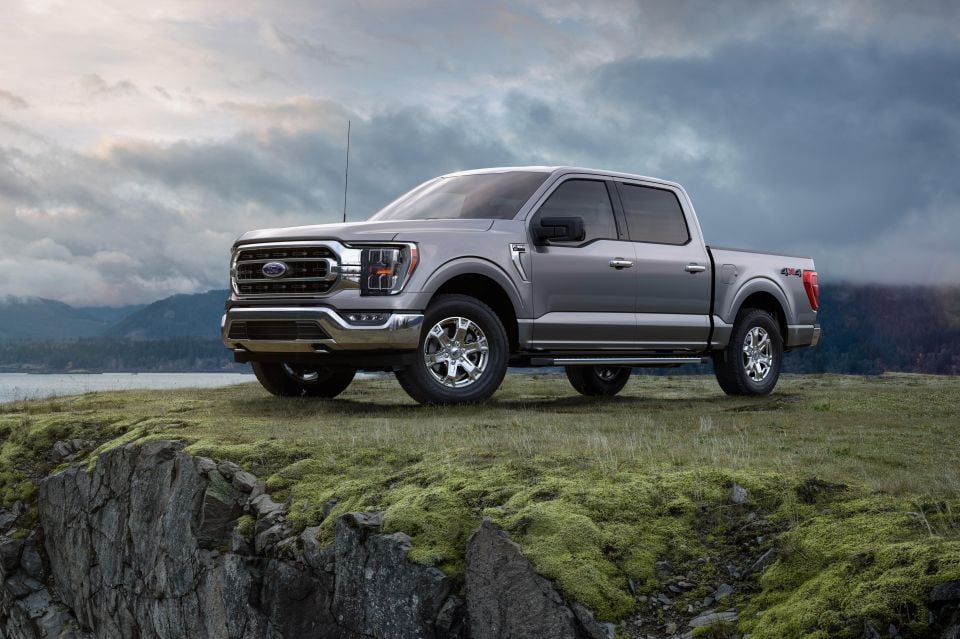
The Blue Oval recorded a headline US$1.5 billion ($2.1 billion) profit thanks to Volkswagen’s investment in Argo AI, a self-driving technology firm in which Ford used to hold a controlling stake.
From day-to-day operations, however, the automaker lost US$1.9 billion ($2.7 billion).
During the second quarter Ford sold 645,000 cars globally, or a 53 per cent decline compared to the same time last year.
There’s more detail on Ford’s second quarter performance in our news article.
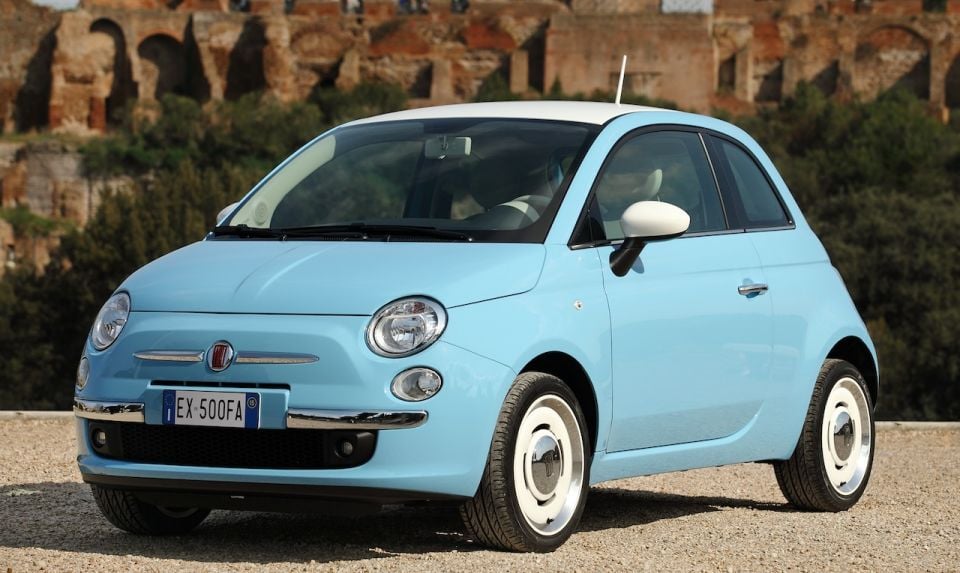
The Italian-American automaker notched up an operating loss of €1 billion ($1.7 billion) loss during the second quarter, although it did manage a small profit from its North American operations.
Globally the company shifted around 424,000 vehicles, down roughly 732,000 or 63 per cent from the same period last year.
More details here.

Jaguar Land Rover notched up a $752 million (£413 million) loss from April to June. Across the world sales were down 42.4 per cent from the same period last year to 74,067 vehicles.
Like other automakers, Jaguar Land Rover’s Chinese operations fared best. The company’s joint venture with Chery reportedly broke even for the quarter, which is even more impressive given the automaker’s recent problems in the Middle Kingdom.
In order to counter the uncertainty brought about the pandemic, the automaker is stepping up its cost cutting efforts by a £1 billion ($1.8 billion) to £2.5 billion ($4.6 billion) for this financial year.
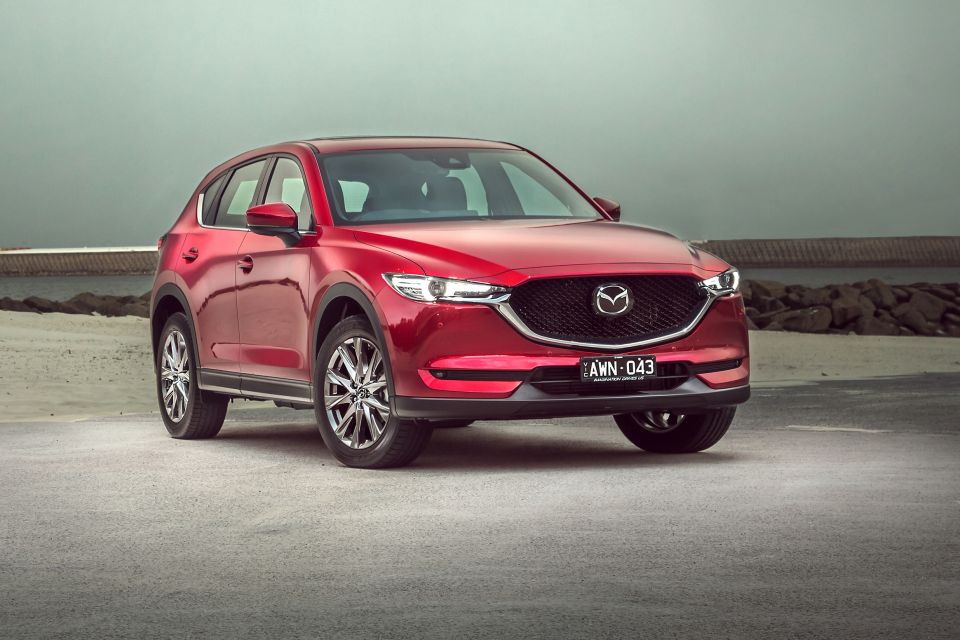
For Q2, Mazda slumped to a ¥45.3 billion ($602 million) operating loss, and a net loss of ¥66.7 billion ($890 million).
Across the globe the company recorded 244,000 vehicle sales, down 30.8 per cent from the same time the year before.
Japanese sales were down 33.9 per cent year-on-year to 26,000 cars, Europe fell 58.3 per cent to 28,000, and North America was down 18.8 per cent to 19,000.
China, meanwhile, was up 13.2 per cent to 61,000.
The company expects to sell 1.3 million cars — down 8.4 per cent — during this Japanese financial year, which finishes at the end of March. Should this occur, Mazda believes it will lose ¥90 billion ($1.2 billion) over the 12 months.
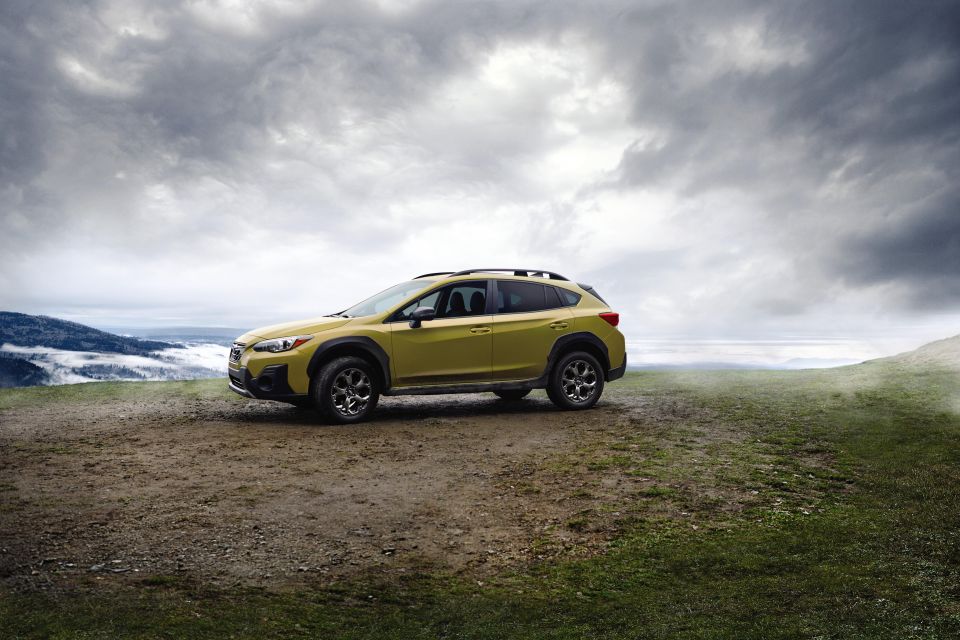
Subaru reported a ¥15.7 billion ($210 million) operating loss for April to June. During the same timeframe last year the company made a ¥92.2 ($1.2 billion) profit.
Global vehicle sales were down 49.3 per cent to 133,000 units.
The company has a smaller manufacturing footprint than most other global automakers, and was forced to close its US plant in late March, and its Japanese factories in April. Both returned to normal operation around June.
If the sales recovery continues, especially in the US, its largest market, Subaru believes it will sell around 900,000 cars and make a ¥80 billion ($1.1 billion) profit during the 2020-2021 Japanese financial year ending in March.
Derek Fung would love to tell you about his multiple degrees, but he's too busy writing up some news right now. In his spare time Derek loves chasing automotive rabbits down the hole. Based in New York, New York, Derek loves to travel and is very much a window not an aisle person.


Ben Zachariah
1 Hour Ago
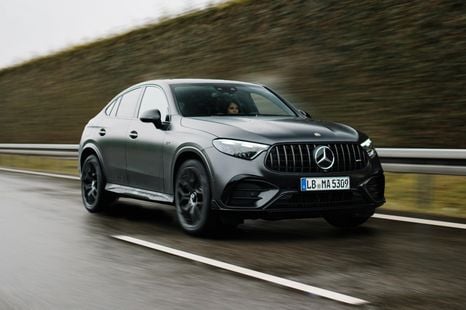

William Stopford
2 Hours Ago
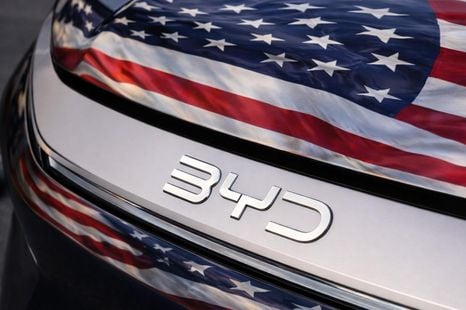

Damion Smy
5 Hours Ago
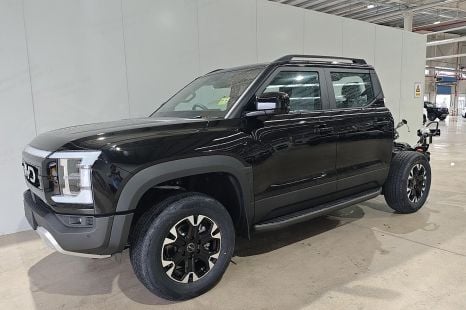

William Stopford
5 Hours Ago
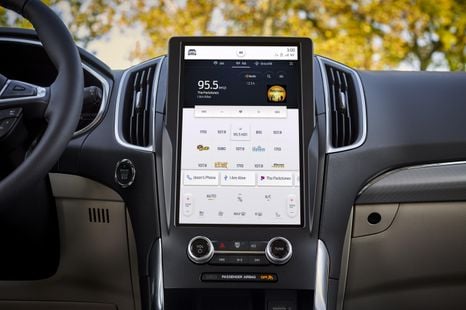

Damion Smy
6 Hours Ago
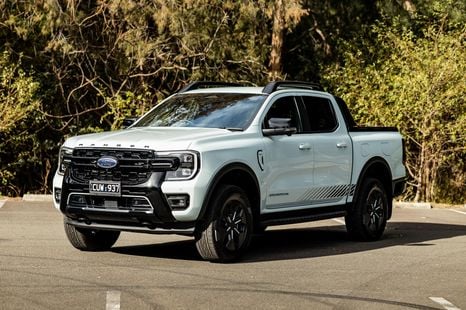

Damion Smy
7 Hours Ago
Add CarExpert as a Preferred Source on Google so your search results prioritise writing by actual experts, not AI.